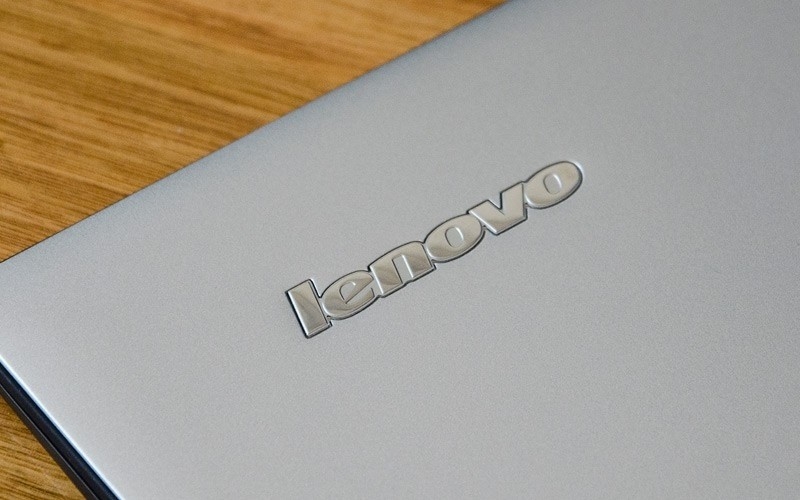Lenovo announced in January 2014 that it was buying Motorola from Google for $2.91 billion, an obvious move to bolster its position in the smartphone industry. Both sides finalized the deal last October and now, Lenovo has offered up details as to how it'll approach its handset ambitions moving forward.
Predictably, Lenovo is folding its existing division - Lenovo Mobility - into Motorola effective immediately (after all, why spend nearly $3 billion on an established brand and not take advantage of it?). Rick Osterloh, former president of Motorola, will oversee the combined smartphone unit although Lenovo said it still plans to use both brands.
As PCWorld correctly points out, Lenovo thus far hasn't taken advantage of the acquisition as the division is still losing money. Lenovo has also lost its place as one of the five largest smartphone vendors according to research firm Canalys; increased competition in China hasn't helped matters.
Earlier this month, Lenovo announced it would be laying off 3,200 employees. The Chinese company is no doubt hoping the restructuring effort will help reduce costs and boost its mobile division.
Lenovo's purchase price of just under $3 billion seems like a bargain compared to the $12.5 billion that Google paid to acquire Motorola's mobile arm in 2012. The search giant also received a war chest of nearly 25,000 parents so perhaps not all was lost.
